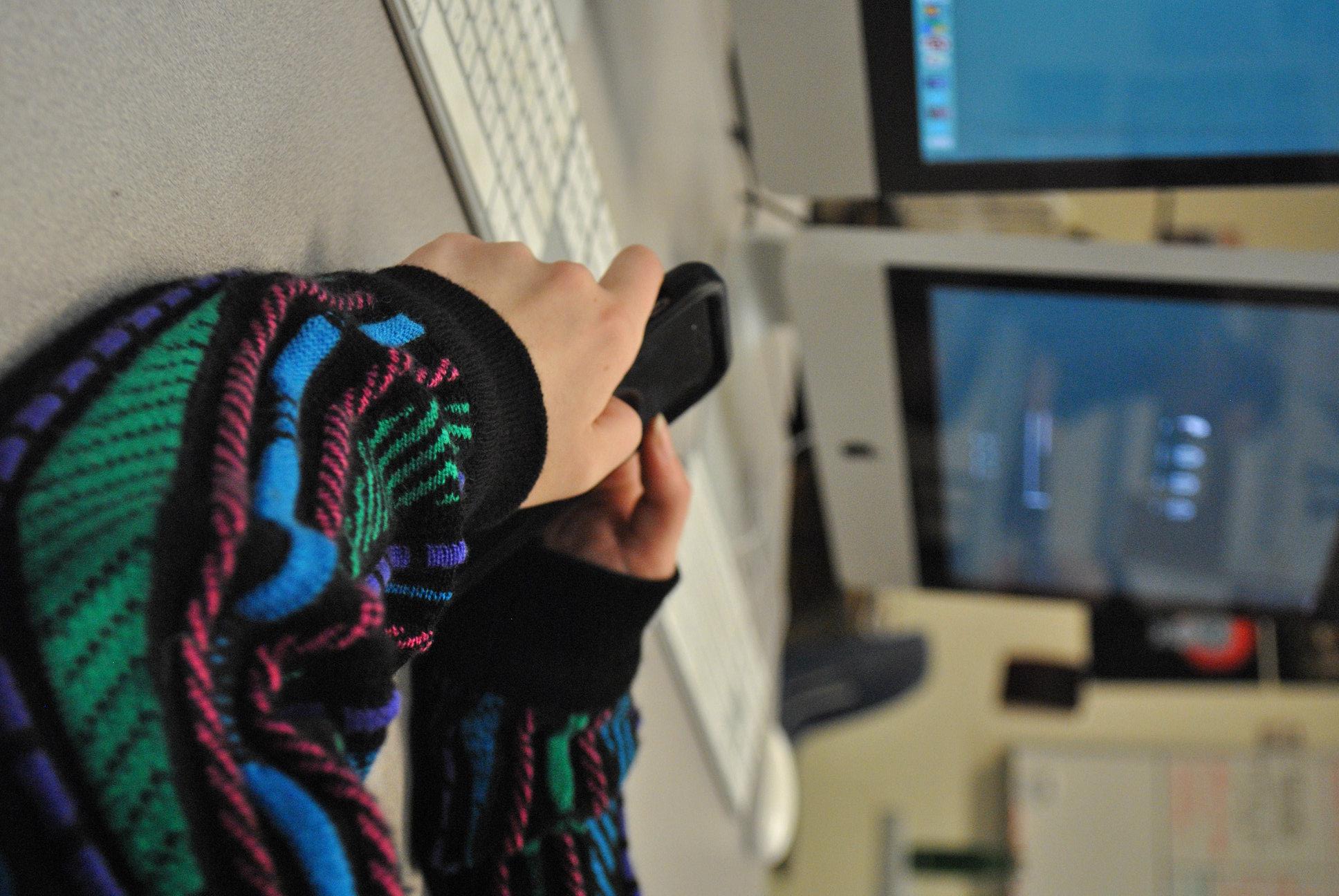It is almost as if it is part of your body. We have all gotten to the point where we have frantically searched for our phone that was either right in our hand or in our back pocket. It has become more common to check the weather app in the morning rather than to just peak through the curtains to see the actual world. The rampant use of cellphones is affecting many people’s lives. Most millennials cannot survive a single day without the comfort of the glass screen that seems to hold their whole life inside of it. From being able to reach all your contacts in the touch of a button to being able to play music from any genre, technology has advanced to ways never imagined nearly a decade ago. iPhones are filled with dozens of apps from the Apple Store such as Snapchat, Instagram, Twitter, Facebook, to popular games like Angry Birds and Kim Kardashian: Hollywood. It is very easy to become lost in the world of technology, a place that we have all grown into and found much comfort in. What is difficult on the other hand, is admitting that one has an addiction to something much less valuable than the moments occurring all around us. If you have ever dropped your phone on your face while falling asleep before bed, these six tips might help you disconnect.
Set Limits
To minimize time spent on your smartphone, you should create limits on how often you can use it. You can track how much time you’ve spent on your phone by going to your settings and then accessing the battery section. This will show the total amount of time you spend on your phone since the last full charge as well as the amount of screen time you had for each app. One way to set limits is to turn your phone off during homework or important projects. Setting limits on your cell phone does not mean you can not use it, it just means that there should be certain times and location where the phone should not be a priority. You could also set limits by promising yourself once you begin to use your phone, to not use it continuously for over ten minutes. A phone is just as technologically advanced as a television and we all know how bad it is to stare at a TV screen all day.
Create a List of Things to Do Throughout the Day
Another way to avoid always being on your smartphone is to create a to-do list. It is important to keep yourself busy with some events during the day so your mind does not wander straight to your phone when there is nothing to do. You can set aside 20 minutes a day for a walk that requires a phone to be on silent and to just enjoy the surrounding nature. You could also make yourself not check your phone while running errands or doing chores, any aspect that is a part of your day.
Put it on Do Not Disturb
The best way to disconnect from your phone would be to turn it off, but for most cell-phone addicts, it might be easier to just put it on Do Not Disturb. This button is marked by a crescent moon on the iPhone and can be accessed through the settings. Fortunately, one can create a schedule with certain times to silence every vibration felt from calls and texts. This setting is great to use during practice, school, or any social event where you do not want to be disturbed by a constant buzz.
Dont Use it at the Table
One of the most common images an American might see on a Friday night is a group of friends all sitting together staring down at their phones. The table is a place made for interacting with one another through conversation and of course to eat. Individuals should put their phone on do not disturb or turn it off for an hour to enjoy good time with good company. Most importantly, it is the polite and respectful thing to do.
Put it away before bed
The last step at the end of the day to detox from your phone is to put it away. Harvard Health Studies reports that blue light can mess with the body’s circadian cycle. This is the body’s biological clock and it includes your sleep schedule. Being on your phone before bed will end up keeping you up longer and making it more difficult to fall asleep. Therefore, if you want to have a full night’s rest, it would be a good idea to say goodnight to your phone.





































